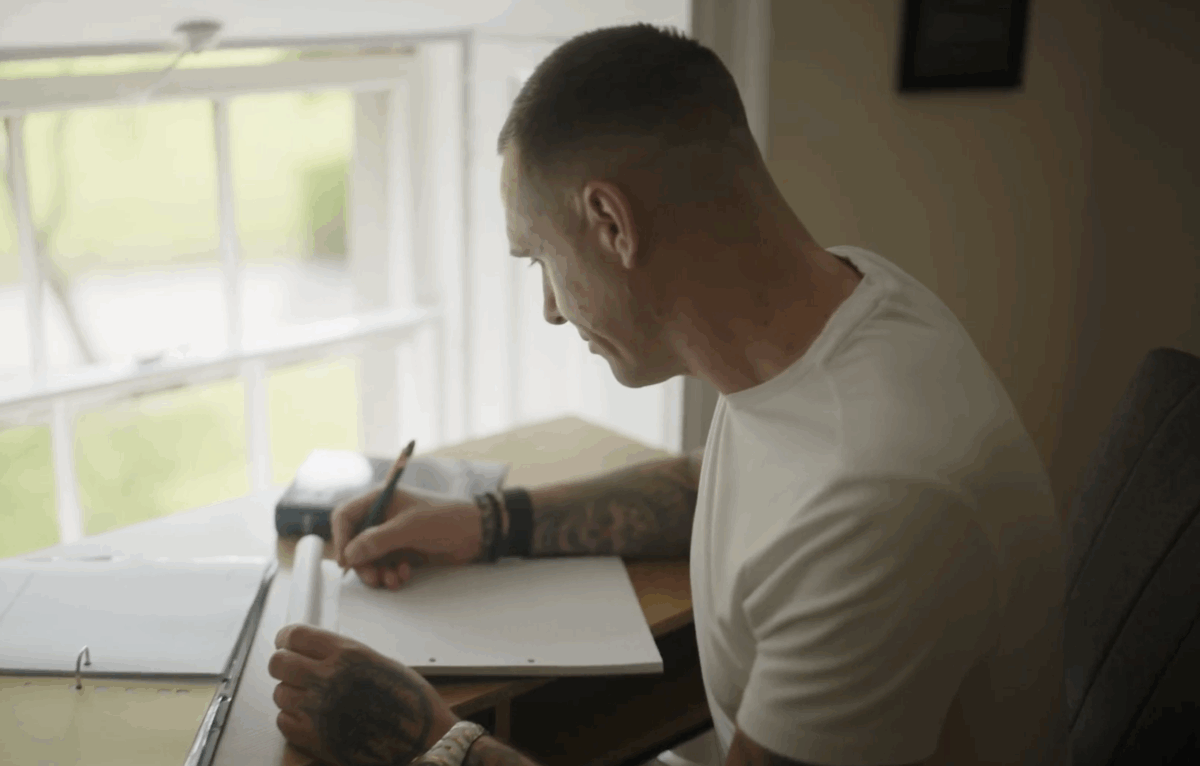Bereavement Therapy in Residential Treatment
Losing someone close to you can shake your entire sense of self. When grief becomes too painful to manage, it’s common to turn to alcohol or drugs or harmful behaviours to cope. But while these responses may numb pain in the short term, they often deepen emotional suffering and delay healing. Residential treatment that includes bereavement therapy offers a compassionate space to process grief, reduce harmful coping patterns, and begin to rebuild.
At Smarmore Castle, we recognise that grief is not a disorder to be fixed; it’s a natural response to loss. But for some, especially those also living with addiction, bereavement can feel overwhelming. By addressing both together in an integrated treatment programme, we support your emotional well-being while helping you move towards sustained recovery.
How Bereavement Therapy Helps the Healing Process
Bereavement therapy creates space for grief to be acknowledged, expressed, and integrated into life. Rather than suppressing painful memories or overwhelming feelings, patients are encouraged to explore them safely with the guidance of skilled therapists.
This process may involve:
Telling stories and sharing memories of the person who died. These narratives help keep the relationship alive in a healthy way and allow patients to express their grief openly.
Identifying and expressing emotions such as guilt, anger, sadness or regret, which are common and valid responses to loss.
Exploring spiritual or existential questions that often arise during mourning, without judgment or pressure to conform to a particular belief system.
Our therapeutic approach draws from evidence-based methods, including cognitive behavioural therapy (CBT), trauma-informed care, and 12-step facilitation—all delivered within a safe, structured environment.
Understanding the Personal Nature of Grief
Everyone grieves differently. Whether you knew the person your loved one is grieving or not, their experience will always be unique. In bereavement therapy, each patient’s relationship with the person they’ve lost is treated with deep respect. Listening without comparison or judgment is one of the most meaningful ways to support someone who is grieving.
By using the present tense when referring to the person who died – “he is kind”, “she inspires me”- patients may feel more connected during early grief. This is a natural part of the healing process, not a sign of denial.
Respecting Spiritual and Emotional Experiences
Grief often brings questions about death, the afterlife, and ongoing connections with the deceased. Some people may speak of sensing their loved one’s presence or receiving messages through dreams or symbols. These experiences, while deeply personal, can provide comfort and a sense of meaning.
At Smarmore Castle, we support patients in exploring their beliefs, whatever they may be. Only if such experiences begin to cause distress or interfere with recovery will our clinical team intervene therapeutically.
Grief and Addiction: Why Continuing Treatment Matters
Grief unfolds in waves. A person may begin to feel more stable, only to be overwhelmed again days or weeks later. This fluctuation is a normal part of mourning. For people who are also recovering from substance use, the emotional intensity of loss can increase the risk of relapse.
Staying in residential treatment during bereavement allows for continuity of care, emotional regulation, and peer support during the most challenging phases. Patients are less likely to feel isolated or overwhelmed and more able to manage painful feelings without turning to substances.
Recognising the Stages of Grief
The widely referenced five stages of grief – denial, anger, bargaining, depression, and acceptance – may provide a helpful framework for understanding the grieving process. However, these stages are not linear, nor do everyone experience them in the same way. Grief may move forward, loop back, or pause entirely. What matters is that it’s acknowledged, supported and given the time it needs.
Why Choose Smarmore Castle for Bereavement and Addiction Therapy?
Smarmore Castle offers a clinically led, holistic treatment programme that integrates bereavement therapy into comprehensive addiction care. Our multidisciplinary team works with patients to understand the impact of loss, build resilience, and lay the foundations for long-term recovery. We support patients as whole people, helping them move forward with purpose and compassion.
Located in the peaceful countryside of County Louth, our residential setting offers a calming environment for deep emotional work. Here, patients can begin to heal – physically, emotionally and spiritually – surrounded by experienced professionals and others on the same path.
Frequently Asked Questions
-
How does grief relate to addiction?
Grief can trigger or intensify substance use as a way to escape pain. When addiction is already present, bereavement may complicate recovery. Integrated treatment supports healing on both fronts.
-
What happens during bereavement therapy?
Patients explore their relationship with the person who died, identify difficult emotions, and learn healthy coping skills. Therapy may include individual sessions, group work, and trauma-informed approaches.
-
Is it normal to still feel connected to someone who has died?
Yes. Many people maintain emotional bonds with loved ones through memory, rituals or belief. This is a healthy aspect of grief for most people.
-
Can I recover from grief and addiction at the same time?
Yes, and in many cases, addressing both together leads to more sustainable recovery. Our programme supports the emotional work of grief while helping you stay sober.
-
How long should I stay in treatment after a loss?
Each person’s timeline is different. Our team works closely with patients to review progress and recommend a duration that ensures emotional stability and long-term recovery.
-
Are spiritual beliefs supported in bereavement therapy?
Yes. We respect and support each patient’s personal beliefs. Therapy provides space to explore or make sense of these beliefs without judgment.
-
Will I be forced to talk about my loss?
No. Patients are encouraged to share at their own pace. There is no pressure to talk before you’re ready.


